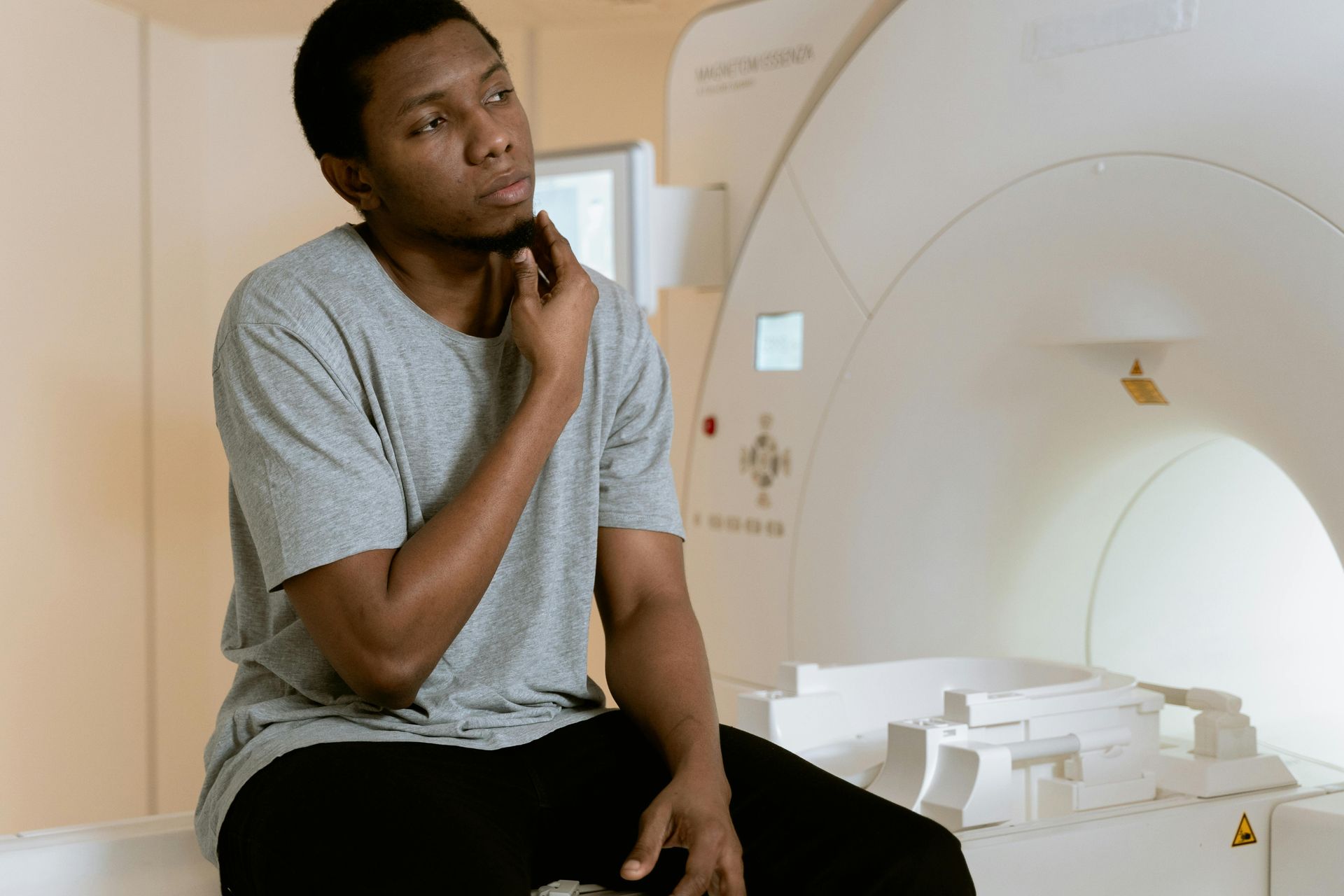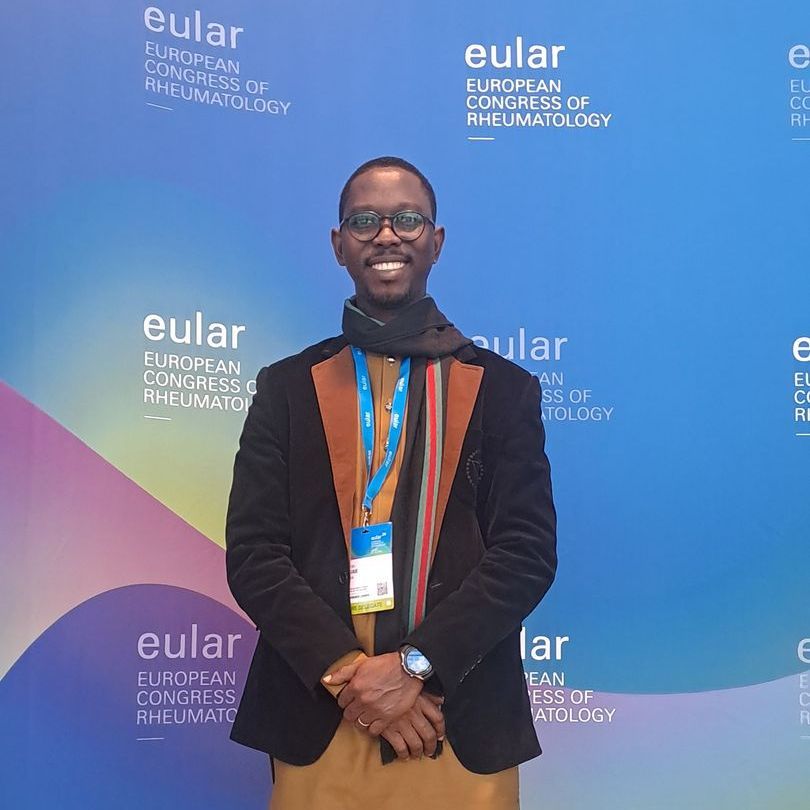
Shining the Light on a National Monument for Lupus Awareness
It was a privilege to climax this May 2017 Lupus awareness month by lighting up the National Independence Monument purple. What better structure than the symbol of our freedom in Ghana?
Whenever people speak about purple, it is most likely about how it represents wealth, royalty and power. However, do you know, that purple is also the hardest colour for the eye to perceive?
This particular fact echoes with me the most, as it represents one of the major challenges that people living with lupus face. And that is why we lit the Monument purple, to put the spotlight on an invisible disease and to do whatever it takes for purple to stand out so that the eyes will not miss it. Lupus must not continue to go unnoticed. It should not be the silent killer that no one talks about. We must open the channels of communication with patients to figure out what their needs are, and provide them with information and resources.
Lupus, like many autoimmune conditions, is difficult to diagnose due to many factors including the similarity of its symptoms with many other conditions, but even more challenging is the surprisingly low levels of awareness that such a debilitating disease has, not only in Ghana but across the globe.
Lupus is an autoimmune disease that causes the immune system to attack the body's organs. In severe cases, organs damage and failure can occur. Lupus is a global health problem that affects people of all nationalities, races, ethnicities, genders and ages. At least 5 million people the world over are thought to have lupus.
Lupus mostly affects women of childbearing age, but men, children, and teenagers develop lupus, too. Most people with lupus usually will develop the disease between the ages of 15-44. Over 90 percent of people with lupus are women in their most productive ages. Lupus can affect any part of the body at any time, often with unpredictable and life changing results .
Historically, lupus caused people to die young, primarily from kidney failure.
Mortality is 67% higher for patients with systemic lupus erythematosus (SLE) than for adults without SLE
Living with lupus isn’t easy. Many patients report that the disease has a debilitating impact on their physical and emotional health, often leading to depression, stress and anxiety.
It is difficult for families to understand why a woman with lupus is unable to do the things she is expected to do. It can also be difficult for a young, unmarried woman to tell people about her lupus because it may affect her chances of getting married.
Due to its so called invisible nature, we find that many people tend to trivialize the pain of sufferers. “But you don’t look sick” or “it must be something spiritual” are the typical responses that many of our diagnosed patients have to contend with on a regular basis.
The reality is that lupus exists, its causes are largely unknown, it has no cure and is a very deadly chronic condition that demands a lot of attention despite what you may not see with your eyes.
SLE is notably more frequent in the people of African descent compared to Caucasians and they also tend to have more severe diseases, particularly renal involvement leading to end stage kidney disease.
Since the 1970’s due to new treatment modalities, 5 year survival rates of SLE improved from less than 50% to over 95 % currently in most developed countries. In Ghana , unfortunately up to 43% of our admitted patients died in a review 5 years ago. We want to change that discourse.
Founded in 2012, tRi Ghana is a non-profit organization dedicated to providing education, advocacy and research into the autoimmune rheumatic conditions in Ghana and Africa, with special focus on young and adolescent persons and their loved ones to improve outcomes.
We have also established a Patient Assistance Program which aims to provide emergency financial assistance to those with a life altering diagnosis of lupus or other autoimmune diseases and who have a high financial need and also to provide training as a long-term, empowering solution. Our emphasis is on connecting patients to social and community services, as well as educating and enabling individuals to become better advocates for themselves and their families.
Through our patient assistance program, we have provided free or discounted emergency medication to 53 patients. On average these can cost between 500 to 1000 cedis a patient and have also provided free or discounted lab tests to 20 patients.
Lupus can be managed with medication and lifestyle changes when diagnosed early. Early diagnosis can be only be achieved when more people are aware about it.
No health condition, especially one with such high mortality rate should be treated in any way as trivial. One of the topmost priorities of any nation should be the health of its people and therefore, every life that can be saved is worth saving.
In this modern era, where we are presented with a plethora of ways and methods where our voice can be heard, be it via social media or other means, we have no excuse to remain silent and leave such a weighty task for a few individuals or organisations.
Let us use our resources, be it our media spaces, our medical knowledge, technical know-how, policy influence, financial or whatever other resource we have available to help save lives. Is there more noble a cause for humanity? Let us not for one moment remain silent while people grapple in darkness with a condition they know little to nothing about.
The Rheumatology Initiative’s message is one of hope. As Archbishop Desmond Tutu once said, “Hope is being able to see that there is light despite all of the darkness”, a quote that I believe is apt for the setting we have here. As we lit up this monument, we wish to re-echo that sentiment, to all those diagnosed with the condition and their families, loved ones and caregivers, despite the pain and the darkness you might endure, look out for the light of hope and hold on to it.
To all persons affected by Lupus and other autoimmune conditions, no matter how tough the going gets, remember that this light is yours to hold on to as well, do not give up hope. And to all of us, let us be bearers of this light of hope and champions of this cause, let us together stand with the Rheumatology Initiative and as they say let us tRi together.
Lets eradicate the ignorance about lupus and we urge everyone to join us with whatever resource you can muster to see increased awareness, policy changes and ultimately a reduction in the high mortality rate associated with late and or misdiagnosis of this condition.










© Copyright
tRi Ghana
| Privacy Policy | Website built by FullPivot